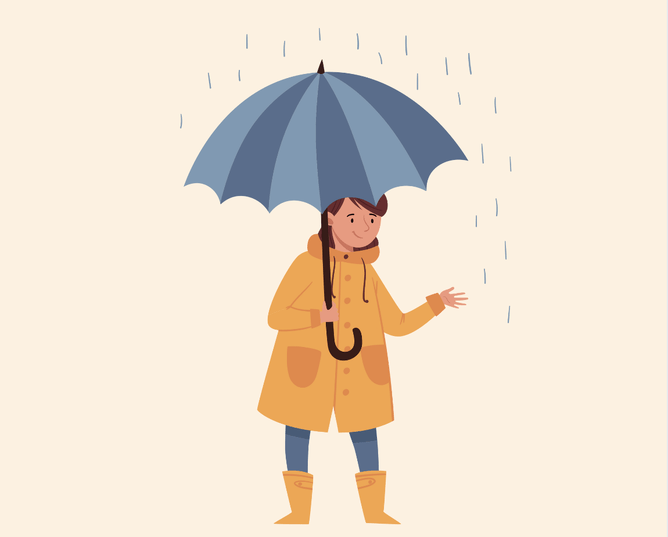Why a Reserve Fund Is Your Financial Umbrella
Let’s face it—life has a way of throwing us curveballs when we least expect them. Whether it’s a car that won’t start, a redundancy notice, or a sudden spike in your weekly shop, these moments can cause real stress—especially if your finances aren’t prepared for them.
That’s where a reserve fund comes in. Also known as emergency savings, it’s your first line of defence when life doesn’t go to plan. And right now, in Aotearoa, the need for one has never been clearer.
The Reality in New Zealand Right Now
We’re seeing it everywhere: groceries are more expensive, fuel prices remain high, and interest rates are putting pressure on mortgages. Many Kiwis are tightening their belts, while some have even resorted to dipping into their KiwiSaver funds just to make ends meet. While it’s completely understandable, it’s also a wake-up call.
Having a reserve fund means you don’t need to rely on your long-term retirement savings or take on debt just to get through the month. It’s not about wealth—it’s about having a bit of breathing room when you need it most.
What Is a Reserve Fund (And Why Should You Care)?
Think of your reserve fund as your "just-in-case" money. It’s not for holidays, renovations, or impulse buys. It’s the money you tuck away for those ‘oh no’ moments: when the fridge gives up, the dog needs an emergency vet visit, or you suddenly find yourself between jobs.
A solid reserve fund helps:
Avoid unnecessary debt during unexpected expenses
Reduce financial stress and improve peace of mind
Provide flexibility to make better decisions under pressure
Prevent having to touch long-term investments or retirement savings
Start Small—And Stay Consistent
You don’t need to squirrel away thousands overnight. A good reserve fund starts with small, consistent steps. Saving even $10–$20 a week can build up faster than you think. The key is creating a habit.
Here are some practical tips to get started:
Automate it: Set up an automatic transfer to a separate savings account each week.
Treat it like a bill: Prioritise it the same way you do your rent or power bill.
Name your goal: Whether it’s $500, $1,000, or three months’ expenses, having a target helps keep you motivated.
A Buffer for Life’s Ups and Downs
Financial security isn’t just about having lots of money—it’s about having enough to get through life’s bumps without everything falling apart. And let’s be honest: things will go wrong now and then. The question is, will you be ready?
A reserve fund gives you:
Options – so you’re not backed into a financial corner
Confidence – to face the unexpected
Peace of mind – knowing you have a plan
Final Thought
If you haven’t started yet, today’s a great day to begin. Set a small goal, make it automatic, and commit to consistency. It’s not about perfection—it’s about progress.
At Carrick’s, we believe financial clarity starts with good habits. And building your reserve fund is one of the smartest moves you can make.




